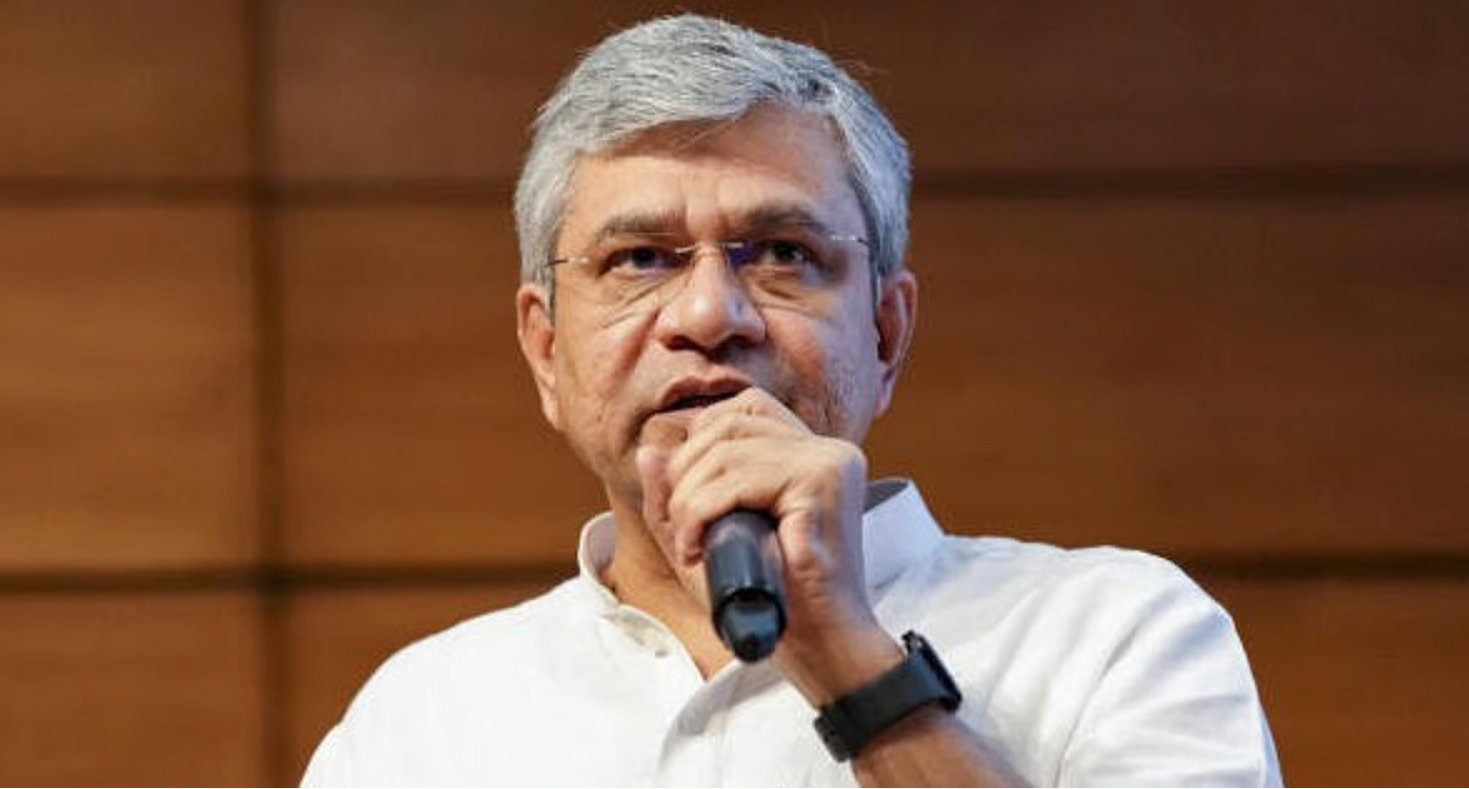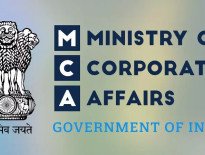Hey, like this? Why not share it with a buddy?

The Delhi High Court has ruled that a Corporate Debtor that has undergone a successful resolution process under Section 31 of the Insolvency and Bankruptcy Code, 2016 (IBC), cannot be prosecuted for offences committed prior to the commencement of the Corporate Insolvency Resolution Process (CIRP).
The Single Bench of Justice Manmeet Pritam Singh Arora made the observation in a case involving Bhushan Power and Steel Limited (BPSL).
“A plain reading of the above provision would reveal that there is no dispute over the legal position that once a resolution plan has been approved by the adjudicating authority under Section 31 of IBC and the conditions specified in Section 32A of the IBC are fulfilled, the Corporate Debtor shall not be prosecuted for an offence committed prior to the commencement of the CIRP,” the Bench said.
“Section 32A of IBC also clarifies that any erstwhile officer of the Corporate Debtor who was in any manner in charge of, or responsible to the Corporate Debtor for the conduct of its business or associated with the Corporate Debtor in any manner or who was directly or indirectly involved in the commission of such offence prior to the commencement of CIRP as per the complaint filed by the investigating authority, shall continue to be prosecuted and punished for such an offence committed by the Corporate Debtor, notwithstanding that the Corporate Debtor’s liability has ceased,” the Court held.
Case Background:
The National Company Law Tribunal (NCLT) initiated CIRP against BPSL on July 26, 2017, under Section 7 of the IBC. Subsequently, JSW Steel Ltd. emerged as the successful resolution applicant. Meanwhile, the Central Bureau of Investigation (CBI) and the Enforcement Directorate (ED) initiated criminal proceedings against BPSL and its former management for alleged financial misconduct, including a bank fraud of Rs. 47,204 crores. On September 5, 2019, the NCLT approved JSW Steel’s resolution plan but did not grant protection from liability for acts committed under BPSL’s previous management. The ED then issued a Provisional Attachment Order under the Prevention of Money Laundering Act, 2002 (PMLA), which was later stayed by the National Company Law Appellate Tribunal (NCLAT). The NCLAT ultimately declared the attachment illegal, citing Section 32A of the IBC.
Arguments Before the Court:
Senior Advocates, Abhishek Manu Singhvi and Vikas Pahwa, representing BPSL, argued that under Section 32A of the IBC, a Corporate Debtor’s liability for offences committed before CIRP ceases, once a resolution plan is approved. They contended that the ED’s attachment of BPSL’s assets was unlawful, as it was issued after the resolution plan’s approval. Special Counsel Zoheb Hossain, representing the ED, acknowledged that Section 32A(1) shields the Corporate Debtor from prosecution post-resolution but argued that as the resolution plan was under challenge before the Supreme Court, BPSL’s role in money laundering must still be examined. He emphasized that under the second proviso to Section 32A(1), the erstwhile management could still face prosecution. The Court further held that the role of BPSL would still be relevant in the trial of its former management, particularly in light of allegations under Section 70 of the PMLA. Nonetheless, the court partially allowed BPSL’s writ petition, setting aside the order dated January 17, 2020, as it pertained to the Petitioner Company. It is clarified that the role of the Corporate Debtor, as elaborately stated in the prosecution complaint filed before the Special Court for PMLA cases under the PMLA, will necessarily have to be examined in the trial of the erstwhile promoters/directors of the Petitioner Company as it relates to the commission of the offence by the Petitioner Company in its earlier avatar as it was under the erstwhile management, when the offence was committed, more so when there are allegations under Section 70 of the PMLA, the Court said.
It also noted that the ruling would be subject to the final outcome of the pending Supreme Court challenge to the resolution plan’s approval. “It is clarified that the above order will be subject to the final outcome of the challenge to the approval of the resolution plan pending in various civil appeals filed by various stakeholders before the Supreme Court in Civil Appeal No(s). 1808/2024 and connected cases. Needless to state that the observations made by this Court in the present order are only for the purpose of deciding the present petition and shall have no bearing on the merits of the case during the trial. With the aforesaid observation, the petition is disposed of along with pending applications if any,” the Court said.
Cause Title: Bhushan Power & Steel Limited vs. Union of India & Anr. [W.P.(CRL) 1261/2024]
Appearance:
Petitioner: Senior Advocates, Abhishek Manu Singhvi, Vikas Pahwa, Advocates, Raunak Dhillon, Madhavi Khanna, Isha Malik, Niharika Shukla.
Respondent: Special Counsel Zoheb Hossain, SPP Manish Jain, Advocates, Vivek Gurnani, Kartik Sabharwal, Pranjal Tripathi, Kaushik Maurya, Satya Ranjan Swain (SPC).
Source : https://www.verdictum.in/court-updates/high-courts/delhi-high-court/bhushan-power-steel-limited-vs-union-of-india-anr-wpcrl-12612024-1567379#:~:text=The%20Delhi%20High%20Court%20has,Insolvency%20Resolution%20Process%20(CIRP).
Related Posts
RECENT POST
- How to Maximize No Deposit Bonuses on Slots: A Complete Guide to SVV388 and Top Platforms
- INDIA SME FINANCE & INVESTMENT SUMMIT
- SEBI plans portal to boost market access for SMEs, says banks alone can’t fund economy
- SME BUSINESS FORUM
- Empower MSMEs & manufacturers to accomplish the vision of Hon’ble Prime Minister to make ‘Viksit Bharat’ said by Shri Haribhau Bagde, Hon’ble Governor of Rajasthan at the “Rajasthan Industries and SME Summit” held at Jaipur






